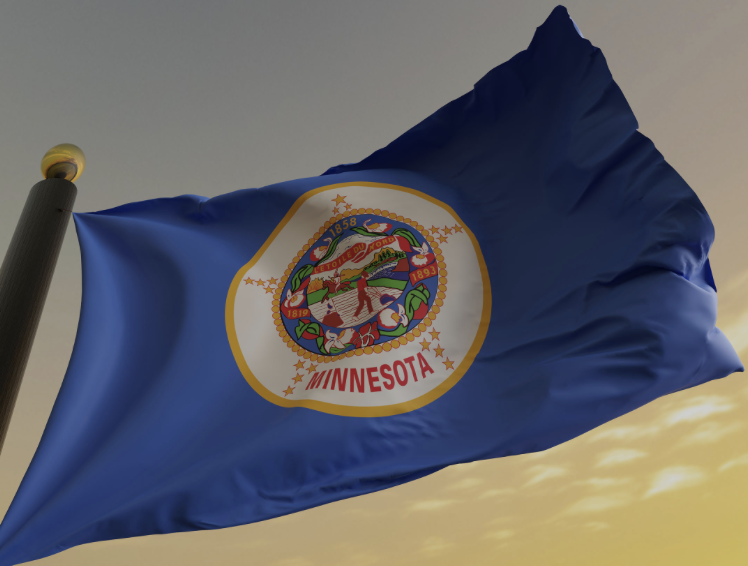The Recent Slowdown
Following an unproductive meeting between representatives of tribes and horse racetracks on Monday, Running Aces Casino and Racetrack has taken steps to bolster its position in the ongoing Minnesota sports betting negotiations. The casino has amended a lawsuit, claiming that Minnesota tribes are violating the Indian Gaming Regulatory Act (IGRA) by offering slot machines not permitted elsewhere in the state.
The amended complaint, filed against executives from casinos run by major Minnesota gaming tribes, specifically alleges that these tribes are offering games beyond what is allowed in their compacts. The original complaint, lodged last month, targeted casinos operated by the Mille Lacs Band of Ojibwe and Prairie Island Indian Community for offering table games not permitted under their agreements.
Key Points
- Lawsuit Amendment: Running Aces amends lawsuit, alleging Minnesota tribes violate IGRA with unauthorized slot machines.
- Stalled Negotiations: Negotiations over sports betting revenue sharing hit an impasse between tribes and tracks.
- Uncertain Outcome: Complex dynamics between commercial interests and tribal sovereignty leave the final outcome uncertain.
[statebox post_id=”39455″ align=”alignleft”Taro Ito, CEO of Running Aces, stressed the original intent of IGRA to create a level playing field rather than grant tribes a monopoly on gambling. “The intent of IGRA was always to create a level playing field and allow tribes to do what others are doing in the state,” said Ito.
The move comes as the horse racing industry in Minnesota finds itself at a disadvantage in terms of political influence compared to the tribes. In an attempt to gain leverage, Running Aces is pursuing legal action.
As sovereign nations, tribes cannot be sued by commercial entities. Therefore, the lawsuit targets casino executives with a civil Racketeer Influenced and Corrupt Organizations Act (RICO) claim, designed to hold powerful entities accountable for involvement in organized crime.
Running Aces argues that IGRA only permits tribes to offer gaming allowed elsewhere in the state, and since video games of chance are illegal in Minnesota, the tracks can offer table games but not slots.
The case seeks to test the interpretation of IGRA, similar to a case in California where the Ninth Circuit Court of Appeals ruled in favor of tribes in a challenge against the exclusivity of Class III gaming.
However, negotiations between tribes and tracks remain at an impasse, particularly concerning revenue sharing from sports betting. The Minnesota House plans to pass a bill on Wednesday, but progress has been hindered by disagreements.
Last month, the Minnesota Racing Commission authorized Canterbury Park and Running Aces to offer historic horse racing (HHR) machines, but the Shakopee Mdewakanton Sioux Community filed a lawsuit to halt the process.
The current House bill offers tracks a total of $625,000 annually in revenue share from online sports betting, with the funds designated solely for horse racing purses. This is significantly less than an offer made in the Senate last session.
Running Aces is seeking $17.86 million in revenue share for horse racing and fewer restrictions on the use of the money. They argue that the proposed revenue share is insufficient, especially considering the potential negative impact of sports betting exclusivity to tribes on tracks and horse associations.
It's evident that significant work remains to be done before the legislative session adjourns on May 20, as Senate Republicans are unlikely to support the bill without the agreement of the horse racing industry. With negotiations stalled, the fate of sports betting in Minnesota hangs in the balance.
The situation has highlighted the complex interplay between commercial interests, tribal sovereignty, and legislative priorities. While both sides are keen to secure their positions, finding common ground has proven challenging.
“Taro Ito, CEO of Running Aces, stressed the original intent of IGRA to create a level playing field rather than grant tribes a monopoly on gambling. ‘The intent of IGRA was always to create a level playing field and allow tribes to do what others are doing in the state,' said Ito.”
Conclusions
Despite the looming deadline, there's a sense of uncertainty surrounding the outcome. Running Aces and other tracks are pushing for a more equitable revenue-sharing arrangement, citing potential adverse effects on their operations if an agreement isn't reached. Meanwhile, tribes are adamant about protecting their gaming exclusivity and the revenues it generates for their communities.
With the legal battle intensifying and negotiations reaching a stalemate, the final week of the legislative session promises to be pivotal for all parties involved. As the clock ticks down, the pressure is on to find a compromise that satisfies both tracks and tribes while ensuring a fair and regulated sports betting market in Minnesota.









